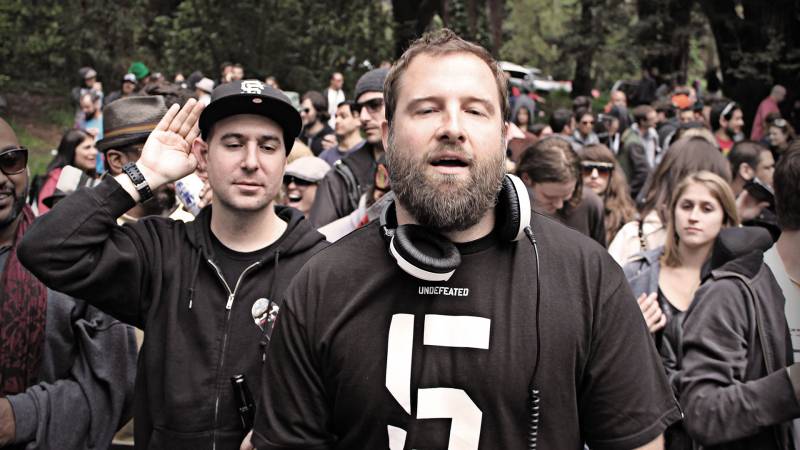Claude VonStroke, a.k.a. Barclay Crenshaw, remembers the first party he threw in San Francisco’s Golden Gate Park in 2003. He’d only obtained a permit to host a picnic, not to bring a sound system, but that didn’t matter—only around 12 people showed up anyway, including the DJs. At the time, a smoother, more minimal sound reigned in San Francisco’s electronic music scene, and Crenshaw and his collaborators were seen as a band of outsiders.
Yet slowly, the crew’s DIY appeal caught on, along with the funky, danceable style of house music they championed—a sound heavy on low-end frequencies, with elastic boings and propulsive grooves better suited for shaking your booty than nodding your head. The Golden Gate Park party started to become a word-of-mouth phenomenon, and in 2005, VonStroke and his cohorts established Dirtybird Records.
Now, Dirtybird is one of the United States’ most popular house music labels. This year it celebrates 15 years in business with a new album from Crenshaw, Freaks & Beaks, out Feb. 21.
Before Dirtybird acquired a cult following for touring house music barbecues and festivals, Crenshaw remembers, he and his collaborators Chris and Justin Martin weren’t always embraced in the Lower Haight dance scene. In fact, it took them blowing up in Europe after their third release, Crenshaw’s Deep Throat, for the label’s hometown to catch on.


